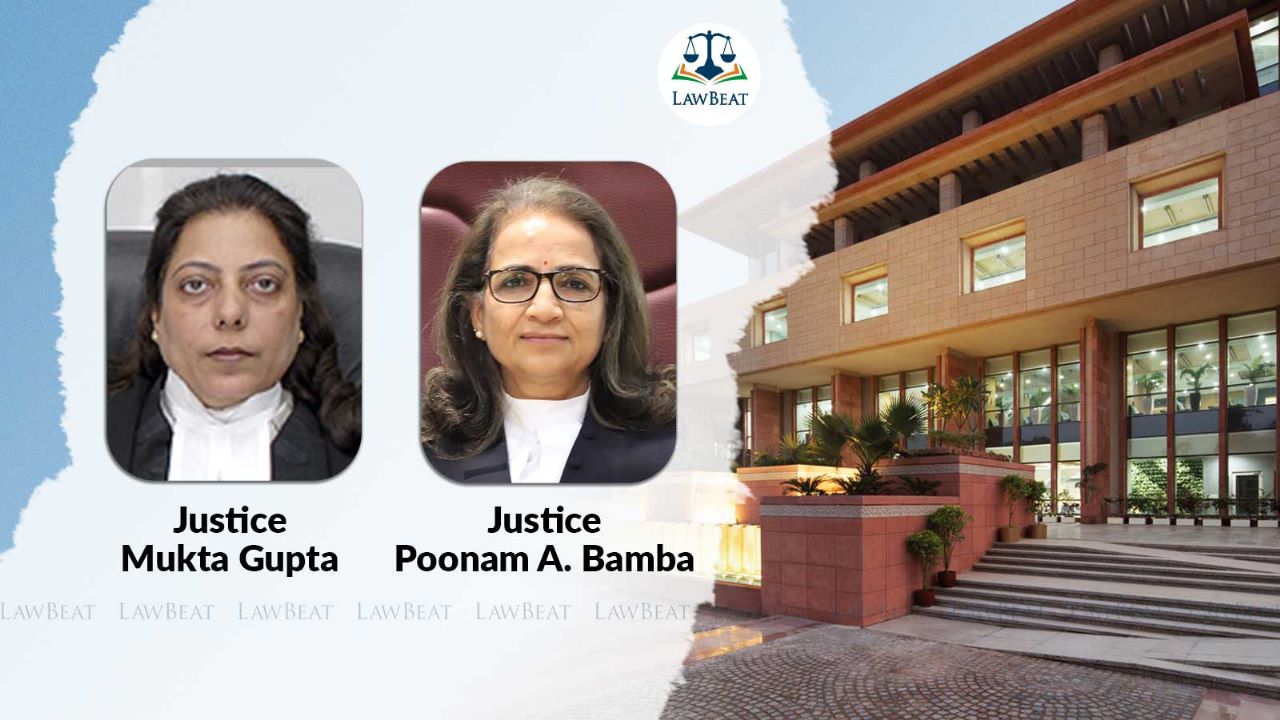High Court directs Delhi Govt. to ensure enough stay homes for mentally-ill

Court has said that, "It is the bounden duty of the State to take care of the life of all its citizen. Since the appellant is not in a position to take care of herself even though the schizophrenia is in remission at the moment nor does any of her family members inclined to look after her, it is the duty of the State to take adequate care of Madhu Bala and such other patients, for which purpose the Short/ Long Stay Homes have been set up".
The Delhi High Court on Monday directed the Delhi government to ensure a sufficient number of long stay and short stay homes for people with mental illnesses who do not require regular hospitalization but have no homes to go back to live in a safe and pleasant environment.
A division bench comprising of Justice Mukta Gupta and Justice Poonam A. Bamba was dealing with a case of a woman convict, named Madhu Bala who was suffering from schizophrenia and did not have any family members to look after her. Schizophrenia is a mental disorder that affects a person’s ability to think, feel and behave clearly.
High Court said “it is the bounden duty of the State to take care of the life of all its citizen,” emphasizing that the government must take adequate care of her and such other patients, for which stay homes have been set up.
“Since the appellant is not in a position to take care of herself even though the schizophrenia is in remission at the moment nor does any of her family members inclined to look after her, it is the duty of the State to take adequate care of Madhu Bala and such other patients, for which purpose the Short/ Long Stay Homes have been set up”, the court added.
The court thus has directed that the appellant woman will continue to stay in the Long Stay Home at Institute of Human Behaviour and Allied Sciences (IHBAS) and expenses of all necessary treatment and stay of her will be borne by the State.
The appellant was arrested in 2005 and later convicted under Sections 302 (murder) and 326 (causing grievous hurt) of the Indian Penal Code on August 21, 2010. She was challenging the aforementioned charges before the high court. Her appeal was against her conviction and life sentence for killing her husband. She was also held guilty of causing grievous injuries to her step-daughter who later died.
While in judicial custody during trial, the appellant complained of psychiatric problems following which she ended up in IHBAS. As per the nominal roll, the brief history of a convict, the woman has served 18 years 7 months and 4 days in jail, including remissions.
"....the appellant has already undergone the sentence awarded to her for offence punishable under Section 304(1) IPC”, the court noted.
The court has accordingly ordered that a copy of the judgment be also sent to Delhi’s Principal Secretary (Home), Principal Secretary (Health), Director General (Prisons) and Medical Superintendent, IHBAS for necessary compliance.
Case Title: Madhu Bala v. State
